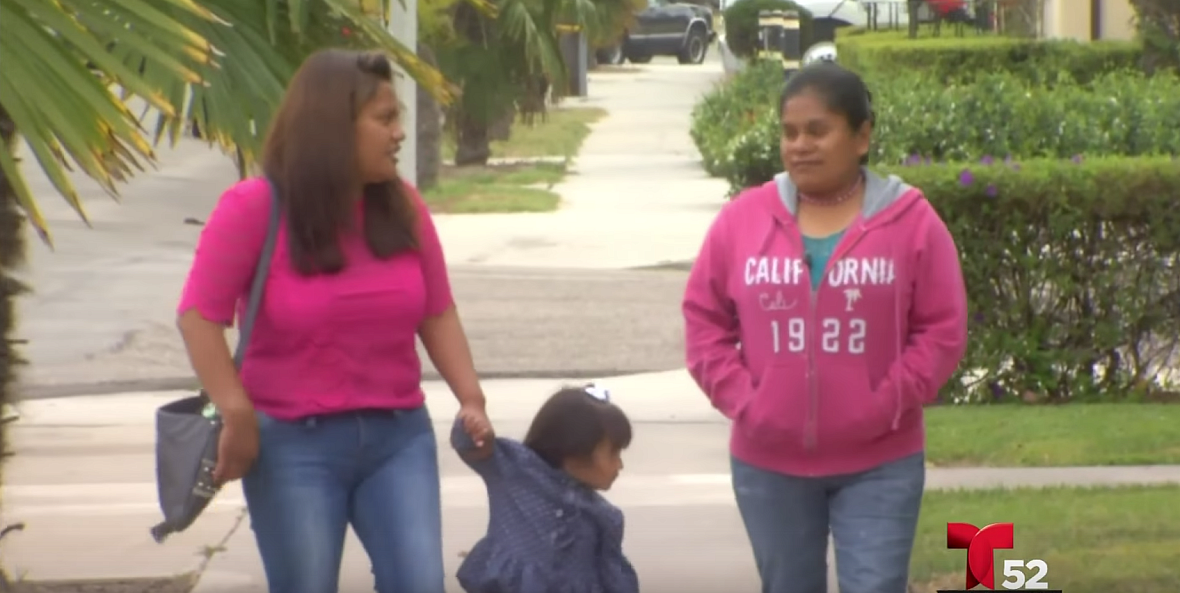We speak Mixteco (Part 2)
Julio Vaqueiro is the anchor of Telemundo’s morning news show in Los Angeles. He reported this project as a 2015 California Health Journalism Fellow at the University of Southern California’s Annenberg School of Journalism.
Other stories in the series include:

We met Inocencia accompanied by her daughter, her granddaughter and, although invisible, a depression that torments her since four years ago.
“I feel sad. Some days I’m ok, but others I’m not. Sometimes I just hope I could return to my home, to my town in Oaxaca. I was free there,” she told me in Mixteco language.
She is a Mexican indigenous immigrant. She arrived in California 13 years ago. Still, today she only speaks Mixteco and understands a bit of Spanish. Her daughter, Norma, came to the interview as an interpreter.
“My mother started feeling bad since my father left. He went to Mexico because my grandmother was ill and he felt he had to be with her. He never called back,” Norma explained. Since then, Inocencia was diagnosed with depression and a few months ago, she stopped working in the strawberry fields in Ventura, as she used to.
According to the Indigenous Farm Workers Study, 165 thousand Mexican indigenous immigrants live and work in the fields of California. 80% of them, like Inocencia, do not speak English or Spanish. They only communicate in their native tongue, the Mixteco language. The cultural and language barrier makes it difficult to treat mental illnesses in this community.
Irene Gomez, who works in the Mixteco Project mental Illnesses department, says they sometimes find it impossible to translate some concepts from English to Mixteco. “There’s no word in Mixteco to refer to some Illnesses or to explain some sensations. That is why in many occasions mentally ill patients are just considered crazy people. There’s a huge stigma towards mental diseases”.
A study made by the National Center for Farm Workers showed that mental illnesses are within the ten most common health problems among farm workers. Nationwide, depression and anxiety occupy the sixth and the eight places respectively.
“The use of illegal substances and the dependence to alcohol and other drugs is also common among the Mixteco farm workers,” says Dr. Sergio Aguilar Gaxiola, a UC Davis academic who, for the past four decades, has studied the lack of health services for this community.
“There are no qualified personnel that speak the Mixteco language. Even when some providers can give health services in Spanish, it is impossible for them to communicate with Mixteco indigenous patients,” the doctor assures.
The lack of communication becomes lack of confidence. When some Mixtecos do visit the doctor, many do not return after the first appointment. “This is essential in mental health. The treatments cannot be efficient if patients don’t visit the doctor for at least six sessions,” Dr. Aguilar told me.
Back to my interview with Inocencia. “Do you trust your doctor?” I asked. Inocencia replied in a fluent Mixteco. “A little,” Norma translated. “If only I could explain to someone how I feel”.
[video:https://youtu.be/pdO-n1eeGko]
[The story was originally broadcasted on Telemundo 52.]
